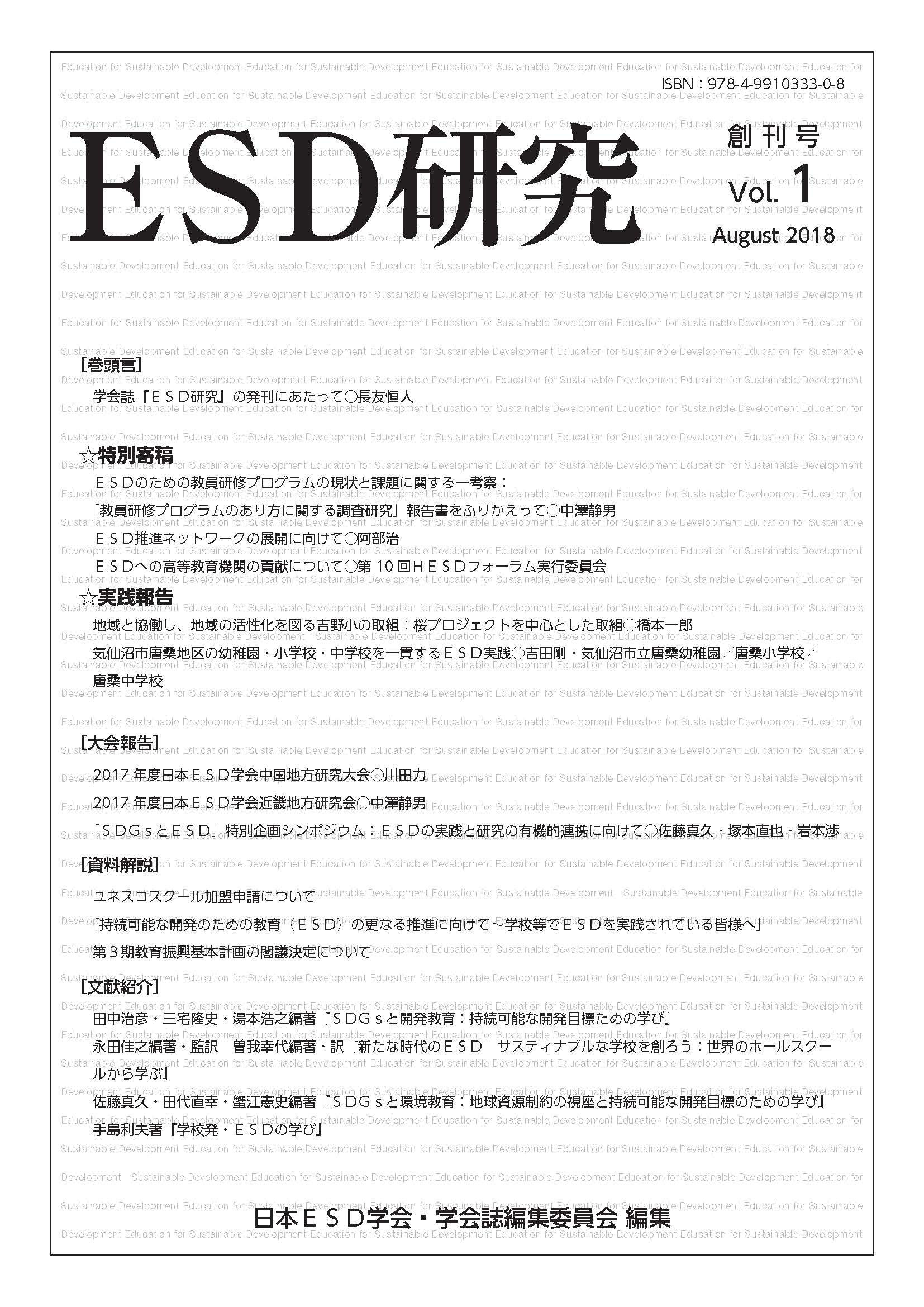Today, the challenges of the digital world, such as disinformation, hate speech, and conspiracy theories, are a major crisis for democracy. UNESCO's recommendation “Citizenship Education in the Global Digital Age” recognized the need to address these crises and raised the need to invest in digital citizenship education (DCE), which encompasses Media and Information Literacy (MIL). The need for DCE is also being discussed in Japan. And it has been partially adopted by the government and local governments in their education policies. However, in school education, “Information morals education” is being implemented based on the current Courses of Study, and there is no equivalent to DCE. Under these circumstances, the most rational way to develop “creators of a sustainable society”, which is the goal of the Courses of Study, is to integrate DCE and ESD, and to promote MIL as one component of DCE. The Ministry of Internal Affairs and Communications has already introduced MIL and DCE into its policies. In the future, Japan is expected to further expand and disseminate ESD integrated with DCE as an educational policy and practice that includes not only formal education but also informal education.
抄録全体を表示
